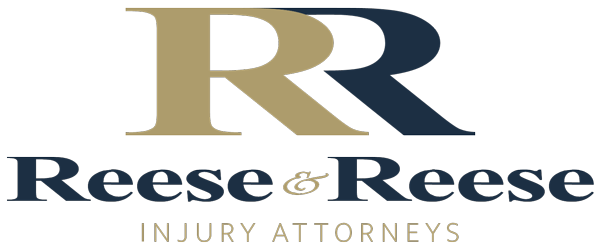The law provides a period within which lawsuits must be filed, that is called a “statute of limitations” and can vary from a short time to several years. The statute of limitations for your case will depend upon the nature of your claim, the state or country where the incident occurred, and the federal or state laws governing the action.
In addition, certain federal and state laws require a party wishing to file a lawsuit to comply with certain pre-suit notice or other requirements within a shorter time period than allowed by the statute of limitations and certain laws, known as “statutes of repose,” set an absolute deadline from the date a product is manufactured or an incident occurs for a lawsuit to be filed.
As these legal deadlines and requirements become more complex due to “tort reform,” it is important for people who are injured or who suffer a violation of their rights to contact an attorney as early as they can to best protect their interests. We charge no fee for a consultation – but we cannot ensure the protection of your rights until you retain us.
